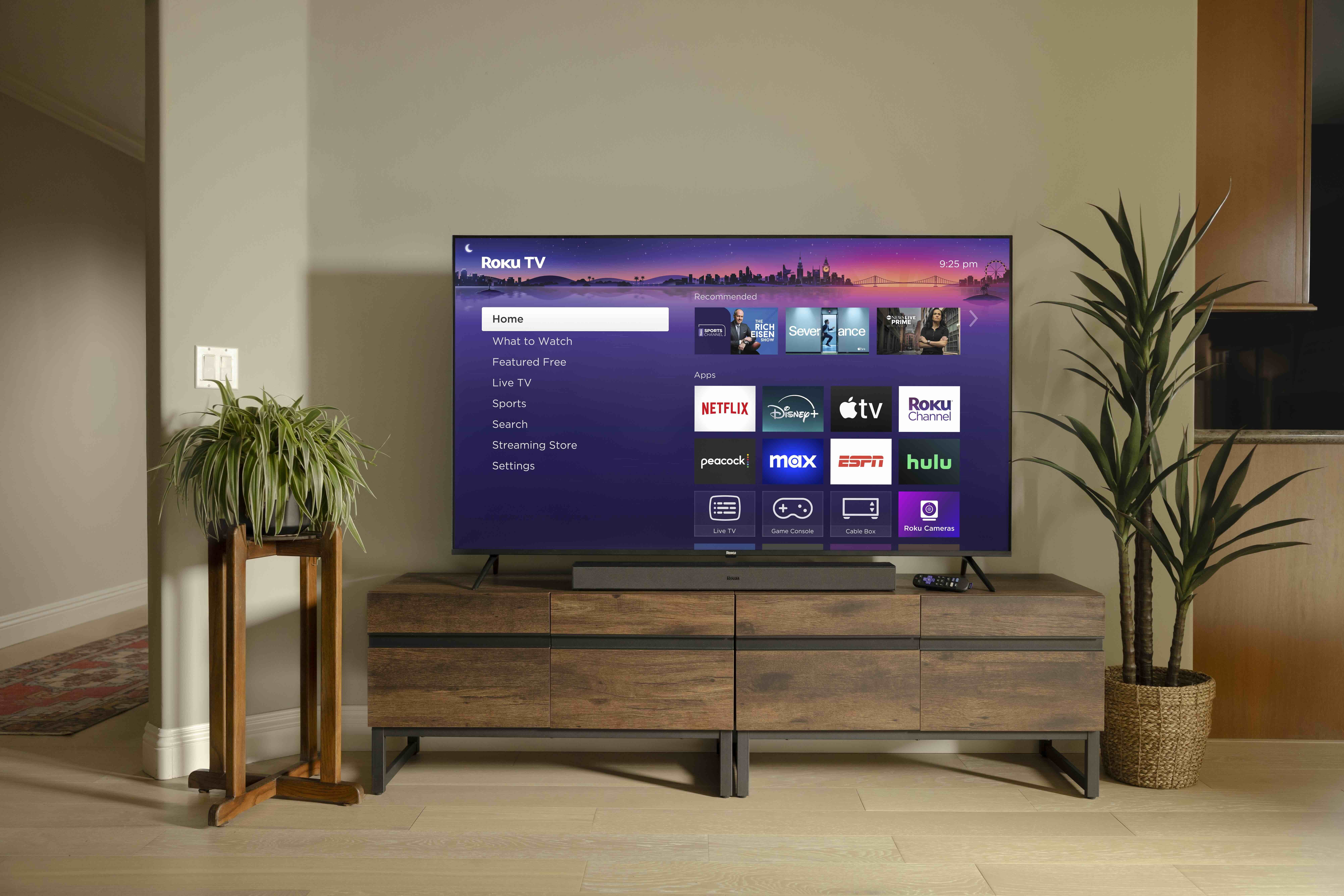College sports turns on bloggers

With professional sports teams cracking down on social networking Web sites at their practices, now the Southeastern Conference (SEC), one of the nation’s leading college leagues, has entered the fray.
The SEC, home to some of the nation’s most lucrative university athletic programs and reported to garner $3 billion from TV rights throughout the next 15 years, last week issued new rules prohibiting fans from distributing video or photographs of its games in real time for commercial use. The rules are aimed at those who copy TV broadcasts, create their own highlight reels and post them on sites charging for access or advertising. That supposedly rules out casual fans that post pictures to Web sites.
However, hundreds of Web sites are supposedly engaging in the practice that the SEC is trying to prohibit. As leagues and teams at many levels try to restrict how their games are covered, they are battling with traditional news media outlets for audience and advertising dollars. To complicate matters, the teams have set up their own media divisions that compete with the general media.
The SEC’s new rules provoked an immediate outcry. Mainstream media organizations joined bloggers in fighting the new rules. Sandra Baron, the executive director of the Media Law Resource Center, a nonprofit organization that focuses on First Amendment matters, said the rules are an effort to put a stranglehold on objective, third-party news organizations.
The new rules are part of an effort to protect a vast online video archive of games and file footage that the SEC wants to market to fans. The SEC Digital Network, as it will be called, will create highlight reels, slide shows and other montages. It is expected to go into operation this fall.
Though the SEC contends that it is not trying to stop casual use of the Web; it draws the line at video game footage. “We want to protect our rights to have video between the conference and its members and ban the commercial sale of photo images,” said Charles Bloom, a spokesman for the SEC. “Fans can post photos on their site or Facebook page, but they can’t be for sale.”
The SEC, the Big Ten and other collegiate conferences have yet to go to court in an attempt to shut down any bloggers, Web sites or media outlets that have sold their content online, but, with low cost video communications technology emerging fast, such a legal confrontation seems inevitable.
Get the TV Tech Newsletter
The professional video industry's #1 source for news, trends and product and tech information. Sign up below.
